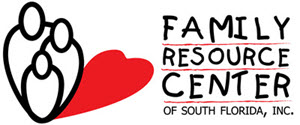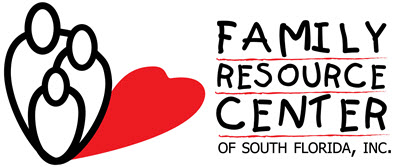Terms You Should Know

adoptions
The social, emotional, and legal process through which children who will not be raised by their birth parents become full and permanent legal members of another family while maintaining genetic and psychological connections to their birth family.
abandonment
A situation in which the child has been left by the parent(s), the parent’s identity or whereabouts are unknown, the child suffers serious harm, or the parent has failed to maintain contact with the child or to provide reasonable support for a specified period of time.
case plan
The casework document that outlines the outcomes, goals, and tasks necessary to ensure child safety, permanency, and well-being created by a Juvenile Court Judge.
case review system
A system that ensures the periodic review of the status of children in the child welfare system
child abuse and neglect
Defined by the Child Abuse Prevention and Treatment Act (CAPTA) as any recent act or failure to act on the part of a parent or caretaker that results in death, serious physical or emotional harm, sexual abuse, or exploitation, or an act or failure to act that presents an imminent risk of serious harm.
domestic/family violence
Encompasses a range of actions, including assault, battery, rape, and murder, committed by someone to whom the victim is intimately related.
foster care adoption
The adoption of a child from the foster care system after a determination has been made that the child cannot safely reunite with his/her birth family and the parental rights of the birth parents have been terminated.
foster child
Child who has been placed in the State’s or county’s legal custody because the child’s custodial parents/guardians are unable to provide a safe family home due to abuse, neglect, or an inability to care for the child.
foster home/parent
State- or county-licensed adults who provide a temporary home and everyday nurturing and support for children who have been removed from their homes.
juvenile and family court
Court that specializes in areas such as child maltreatment, domestic violence, juvenile delinquency, divorce, child custody, and child support.
licensing/licensure
Regulations in each State to ensure children are cared for in physically and developmentally safe facilities.
life book
A book that includes pictures or descriptions of a child’s birth parents, other relatives, birthplace, and birth date that is often used as a therapeutic tool for working with a child in foster care to help the child understand his or her unique background and history, resolve feelings about these experiences, and help to emotionally attach to a new family.
permanency
A legally permanent, nurturing family for every child and youth. As defined in the Child and Family Services Reviews, a child in foster care is determined to have achieved permanency when any of the following occurs: (1) The child is discharged from foster care to reunification with his or her family, either a parent or other relative; (2) the child is discharged from foster care to a legally finalized adoption; or (3) the child is discharged from foster care to the care of a legal guardian.
physical abuse
Child abuse that results in physical injury to a child. The injury may be the result of a single episode or of repeated episodes and can range in severity from minor marks and bruising to death.
physical neglect
Failure to provide for a child’s basic survival needs, such as nutrition, clothing, shelter, hygiene, and medical care. Physical neglect may also involve inadequate supervision of a child and other forms of reckless disregard of the child’s safety and welfare.
review hearing
Held by the juvenile or family court to review case plans and to determine the need for continued court jurisdiction.
reunification
The process of reuniting children in foster care with their families and reinstating custody of the children to their parents/guardians.
termination of parental rights (TPR)
Voluntary or involuntary legal severance of the rights of a parent to the care, custody, and control of a child and to any benefits that, by law, would flow to the parent from the child, such as inheritance.
therapeutic foster care
Care provided by foster parents who have received special training to care for a wide variety of children and adolescents, usually those with significant emotional or behavioral problems. Therapeutic foster parents typically receive additional supports and services.
visitation
Planned face-to-face contact between a child in out-of-home care and his or her family members. The purpose of visitation is to maintain family attachments, reduce the sense of abandonment that children may experience during placement, and prepare for permanency.
waiting children
Children in the public child welfare system who cannot return to their birth homes and need permanent, loving families to help them grow up safely and securely.

